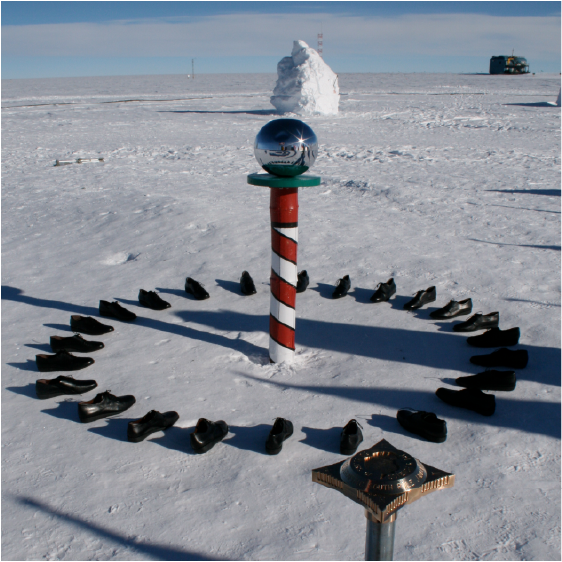
Home » 2007 » Longitudinal Installation » 24 Global Voices » 90° E, Tibet, China

“The Sherpas of Khumbu may not know everything, but they are suffering the consequences of the people’s greed. We mountain people should be careful and take precautions. If we don’t save Khumbu today our freshwater will dry up and the problem will be impossible to solve in the future.”
— Ngawang Tenzing Jangpo, the Abbot of Tengboche Monastery
Ngawang Tenzing Janpo, the abbot of Tengboche Monastery, lived in Tibet for 30 years, witnessing worsening floods from lakes, glacial meltwater, and droughts. Extreme weather conditions brought on by climate change lead countries to face hotter and colder years than ever before. Tibet, just one example, is experiencing temperatures 0.4-2.3 degrees Celsius higher than years previous. Drought conditions impact 15.3 percent of the remote plateau, affecting how people eat and live. Extreme drought also causes the death of their cattle due to lack of access to water and livestock feed. These droughts only worsen as the temperatures rise.
The head of the China Meteorological Bureau, Zheng Guogang, was quoted warning that global warming was causing glaciers to melt saying, “If the warming continues, millions of people in western China will face floods in the short term and drought in the long run.” Along with these droughts, Tibet is experiencing retreating glaciers, deteriorating permafrost, increasing desertification, and warming at a rate three times the current global average.
Ngawang Tenzing Janpo’s early concerns of Khumbu’s freshwater sources back in 2006 remains relevant today. A recent IPCC report on the region showed predictions of snowfall being replaced by rain in the Tibetan mountains in the winter. This means that less water will be stored as glacier ice when traditionally, spring meltwater serves as an important freshwater resource not only for farmers and their crops but also for the poorest communities in this area. Monitoring the number of greenhouse gases we emit across the globe will be essential to protecting the people, the lands, and the sherpas of Tibet.